News
-
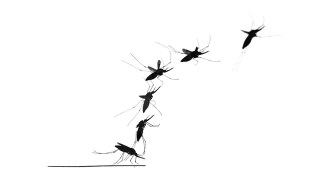 Life
LifeThe physics of mosquito takeoffs shows why you don’t feel a thing
Even when full of blood, mosquitoes use more wing force than leg force to escape a host undetected — clue to why they’re so good at spreading disease.
-
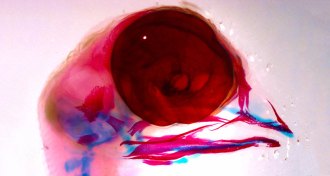 Health & Medicine
Health & MedicineAnimal study reveals how a fever early in pregnancy can cause birth defects
Using chicken embryos, study shows that heat itself, not an infectious agent, is the driving factor behind certain heart and facial birth defects.
-
 Artificial Intelligence
Artificial IntelligenceThe newest AlphaGo mastered the game with no human input
AlphaGo Zero is the first AI system of its kind to learn the game just by playing against itself.
-
 Tech
TechThis stretchy implant could help kids avoid repeated open-heart surgeries
A new type of surgical implant grows along with its recipient.
-
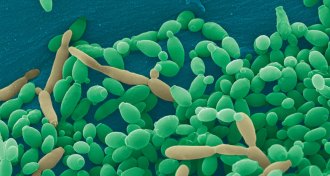 Life
LifeGut fungi might be linked to obesity and inflammatory bowel disorders
Fungi are overlooked contributors to health and disease.
-
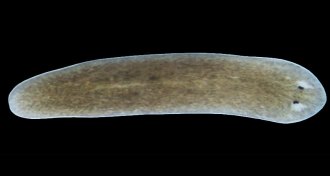 Animals
AnimalsTo understand the origins of pain, ask a flatworm
A danger-sensing protein responds to hydrogen peroxide in planarians, results that hint at the evolutionary origins of people’s pain sensing.
-
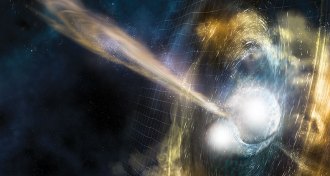 Astronomy
AstronomyNeutron star collision showers the universe with a wealth of discoveries
A collision of neutron stars was spotted with gravitational waves for the first time. Telescopes captured gamma rays, visible light and more from the smashup.
-
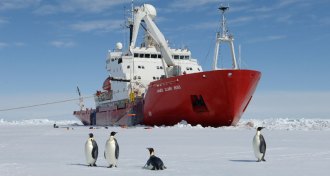 Earth
EarthWhen the Larsen C ice shelf broke, it exposed a hidden world
Scientists plan urgent missions to visit the world the Larsen C iceberg left behind.
-
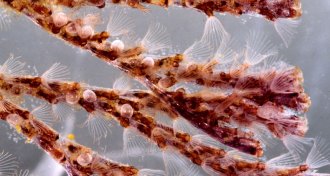 Chemistry
ChemistryA potential drug found in a sea creature can now be made efficiently in the lab
Cooking bryostatin 1 up in a lab lets researchers explore its potential as a drug.
-
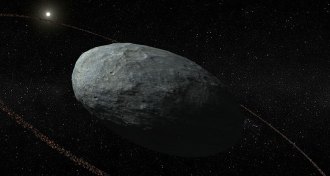 Astronomy
AstronomyOddball dwarf planet Haumea has a ring
The dwarf planet Haumea is now the most distant ringed object spotted in the solar system.
-
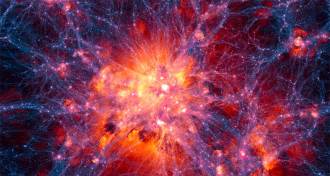 Astronomy
AstronomyHow to make the cosmic web give up the matter it’s hiding
Half the ordinary matter in the universe is unaccounted for. Astronomers may now have a new way to see it spanning the space between galaxies.
-
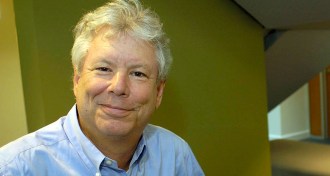 Science & Society
Science & SocietyEconomics Nobel nudges behavioral economist into the limelight
Behavioral economist Richard Thaler started influential investigations of behavioral economics, which earned him the 2017 Nobel Memorial Prize in Economic Sciences.
By Bruce Bower